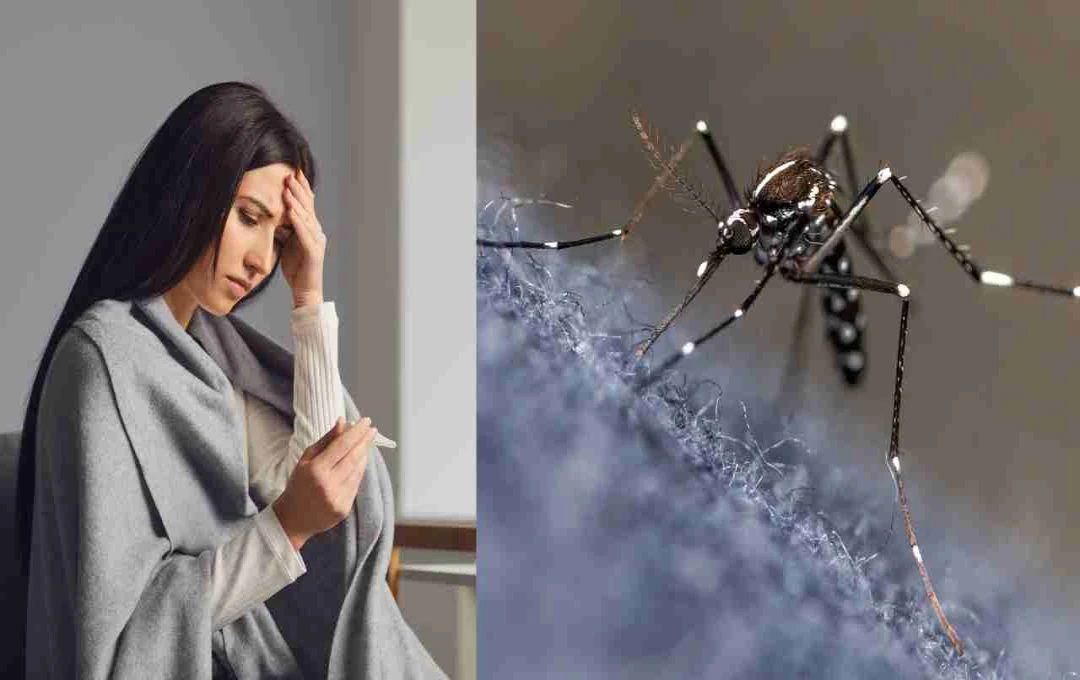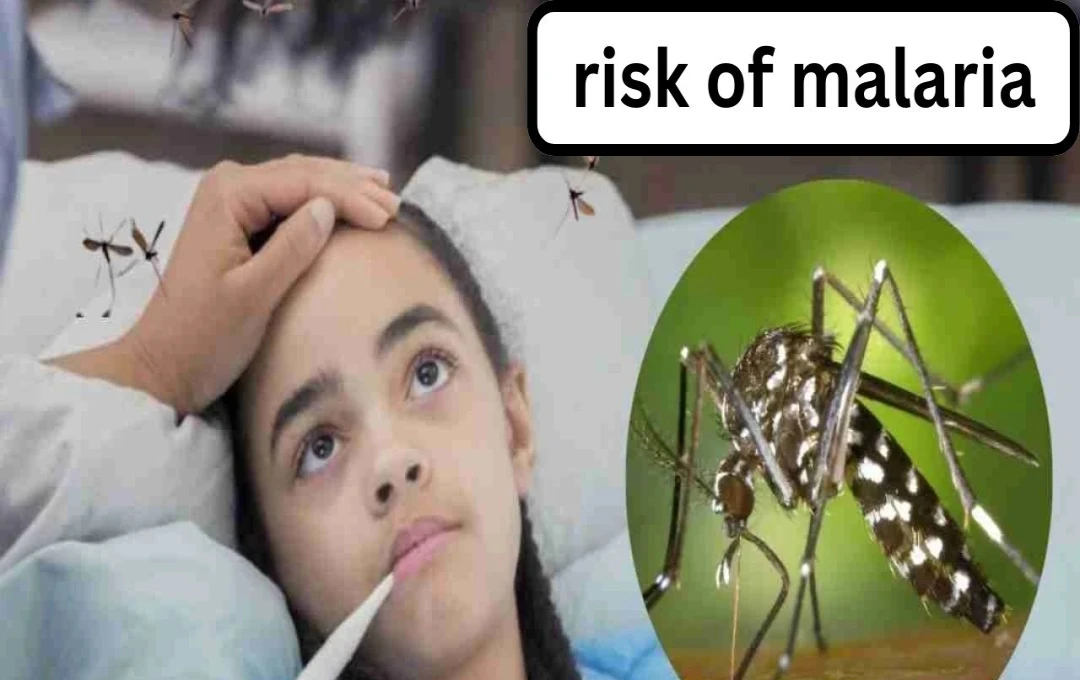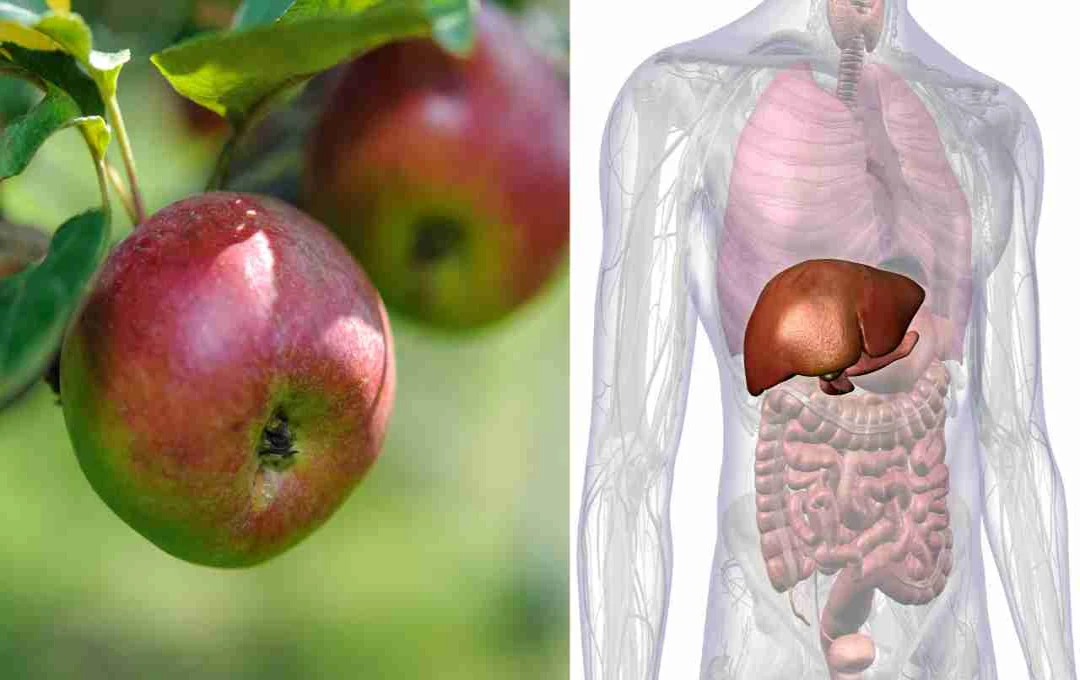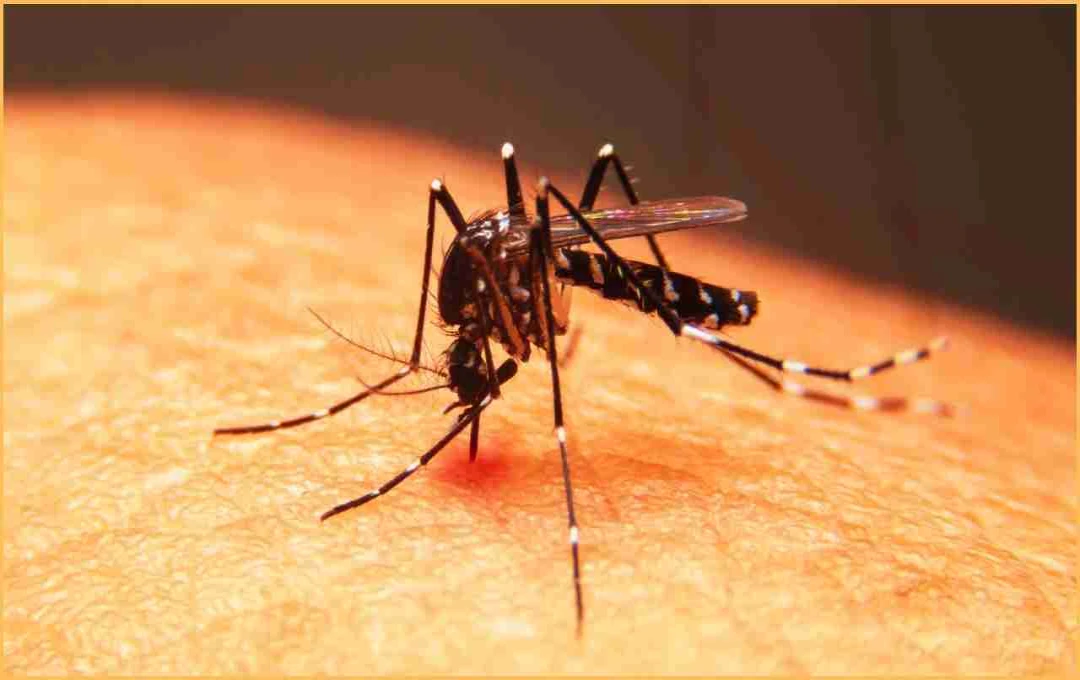Cases of dengue and typhoid increase during the monsoon season. Dengue is a viral infection spread by mosquito bites, characterized by high fever, headache, eye pain, and a drop in platelets. Typhoid is a bacterial infection transmitted through contaminated water and food, with symptoms including abdominal pain, diarrhea or constipation, and fatigue. Timely treatment is essential.
Dengue and Typhoid symptoms: Both dengue and typhoid infections see an increase during the rainy season. Dengue is a viral infection transmitted by the bite of Aedes mosquitoes, presenting with high fever, headache, pain behind the eyes, and skin rashes. Typhoid is a bacterial infection that enters the body through contaminated water and food, causing symptoms like abdominal pain, diarrhea or constipation, loss of appetite, and fatigue. According to Dr. Puneet Kumar, since their symptoms differ, timely identification and treatment are crucial.
Difference between Dengue and Typhoid
Dengue is a viral infection transmitted by the bite of the Aedes aegypti mosquito. The virus weakens the body's immunity by entering the bloodstream and rapidly reduces platelet count. Patients experience high fever, headache, body aches, pain behind the eyes, and red rashes on the skin. In severe cases, it can lead to Dengue Hemorrhagic Fever or Dengue Shock Syndrome, which can be fatal.
On the other hand, typhoid is a bacterial infection caused by the Salmonella Typhi bacteria. It enters the body through contaminated water or infected food and primarily affects the intestines. Symptoms of typhoid include persistent high fever, abdominal pain, diarrhea or constipation, loss of appetite, and extreme fatigue. If left untreated, it can lead to intestinal ulcers or perforations.
Distinct Symptoms of Dengue and Typhoid
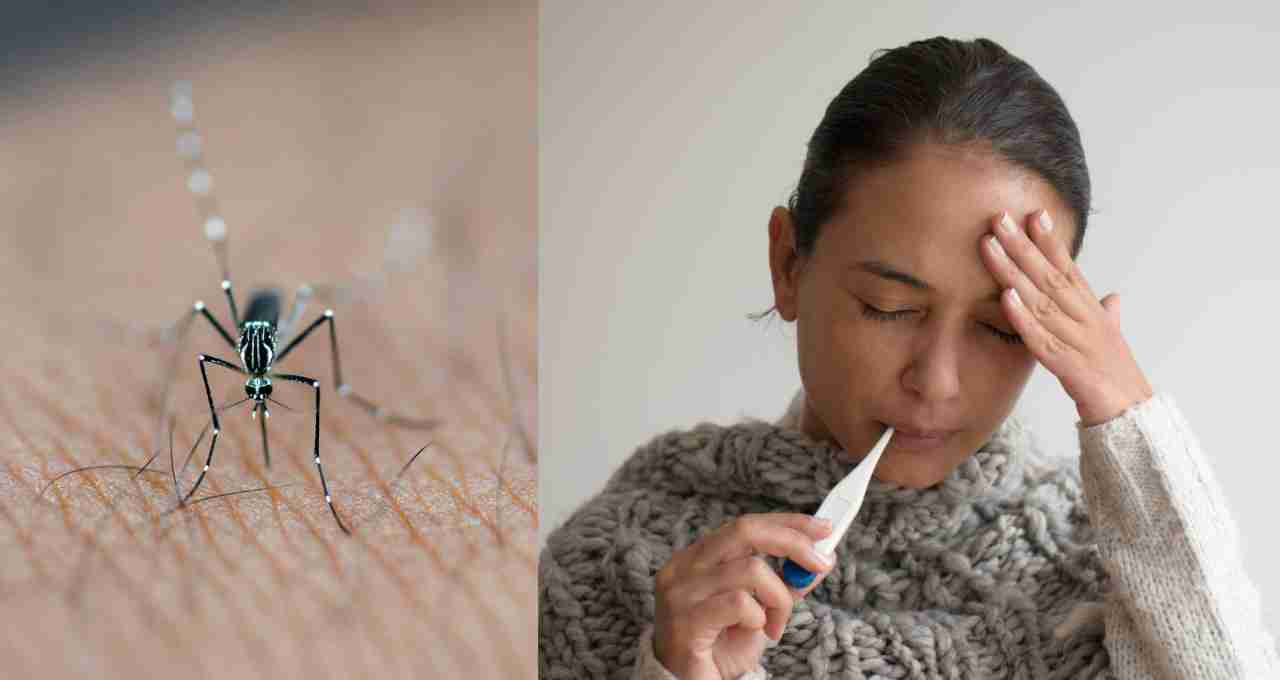
Dr. Puneet Kumar, a specialist from the Medicine department at RML Hospital, explains that fever in dengue typically rises suddenly and intensely, accompanied by a severe headache, pain behind the eyes, and extreme body aches. Red rashes on the skin and a rapid drop in platelet count are the key symptoms of dengue. In severe cases, bleeding from the nose and gums may also occur.
In typhoid, the fever rises gradually and persists for several days. Patients experience loss of appetite, along with abdominal pain, diarrhea, or constipation. Dengue is spread by mosquito bites, while typhoid is caused by consuming contaminated water and food. Dengue causes sudden weakness and bleeding issues, whereas typhoid primarily affects the digestive system.
Preventive Measures
Several essential steps can be taken to prevent dengue and typhoid. Avoid letting water accumulate around your home to prevent mosquito breeding. Always drink boiled or filtered water and avoid consuming stale or raw food from outside. It is crucial to wash hands before eating and maintain hygiene. If a fever persists for a long time or symptoms are severe, consult a doctor immediately.
Experts state that both diseases weaken the body's immunity and can lead to prolonged fatigue and weakness. Therefore, timely caution and treatment are very important.
